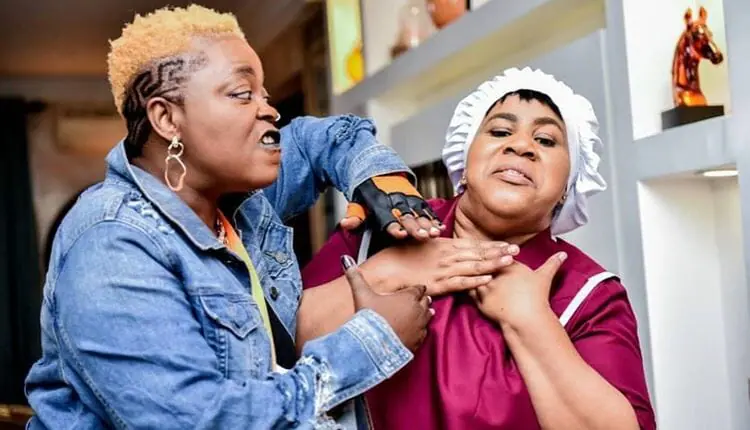I Gave Nollywood Its Name Says Cyprian Chukwunta in Rare Interview
In a rare interview, Nigerian film industry pioneer Cyprian Chukwunta, widely known as LOC, shared his deep-rooted journey in shaping Nollywood, including the claim that he gave the now-famous film industry its name. Born in Obeagu, Awgu, Enugu State, LOC’s story is one of resilience, creativity, and commitment to building something lasting for Nigerian cinema.
According to LOC, his nickname came during the 1999 FIFA World Cup when he served as part of the Local Organizing Committee (LOC) in Lagos. His association with the Spanish team and the souvenirs he shared earned him the name “LOC” among friends and industry peers — a name that stayed with him as he ventured further into film.
“I was deeply involved in the early meetings that laid the foundation of Nollywood,” LOC said, reflecting on the gatherings at ECOWAS Hotel and Winnis Guest House in Surulere during the 1990s. He recalled the struggles of balancing business and film, noting that he never really stepped away from movies but instead diversified into selling imported jewelry and spiritual items to support himself financially.
How did LOC manage both business and film production? He shared that it required “time management and dedication.” He would pause his business during film production and vice versa, ensuring that neither aspect of his life suffered. This allowed him to build stability, even during periods when piracy heavily threatened profits in the Nigerian film market.
Did religion influence his decision to go into business? LOC quickly dismissed that idea. “It wasn’t religion or superstition. It was survival,” he stated, pointing out how unpredictable the film industry was in its early days. He emphasized the need to have multiple sources of income in a volatile environment.
On the growth of Nollywood, LOC noted that the transformation has been nothing short of remarkable. From VHS tapes and clunky cameras to today’s sleek digital platforms, he praised the new generation of actors and filmmakers for taking the industry forward with talent and innovation. He also remembered the days when marketers carried tapes to Onitsha, Aba, and Idumota, highlighting how much distribution and marketing have improved through technology.
Reflecting on his specific contributions, LOC explained how he served as a key link between actors and marketers. He helped bridge communication gaps before smartphones or internet tools became available. He even traveled across Nigeria to ensure producers could find the right talent for their films.
In one major instance, LOC said he played a crucial role during a tense period when the Producers Guild and Actors’ Guild of Nigeria (AGN) were at odds. He represented producers in a historic meeting at Golden Gate Restaurant in Lagos, where a decision was made to temporarily shut down the industry for three months. This allowed both sides to negotiate and reconcile — an act he believes helped save Nollywood from collapse.
Perhaps his boldest claim is that he coined the name “Nollywood.” LOC said it was suggested during a brainstorming session in Kilo, Surulere, as the team searched for a term that could match the appeal of Hollywood and Bollywood. While the name stuck and became globally recognized, LOC expressed sadness that he was never officially acknowledged, even when former President Goodluck Jonathan recognized key players in the industry.
Despite that, LOC remains proud of the industry’s achievements and is optimistic about its future. He sees Nollywood as a force that will continue to gain global respect and elevate Nigerian talent on the world stage.
As the film world celebrates Nollywood’s success, LOC’s story serves as a reminder that many visionaries work behind the scenes. Their dedication, like that of Cyprian Chukwunta, helped turn an idea into one of the world’s biggest film industries — and gave it a name that now echoes across continents.















